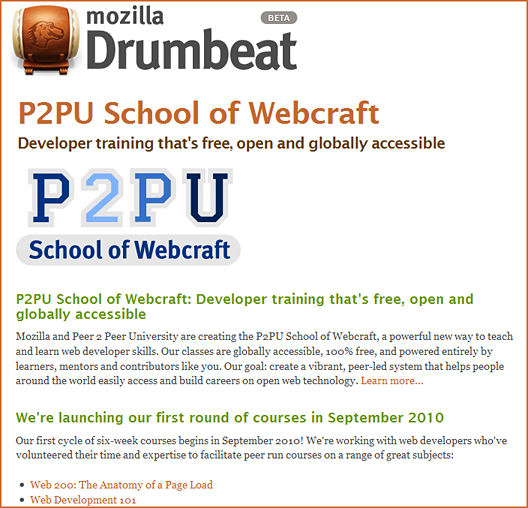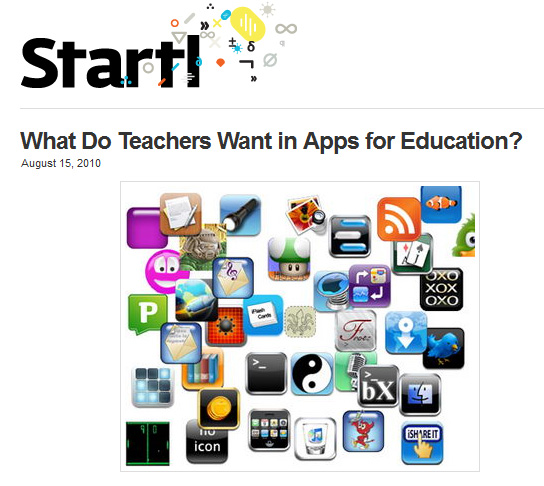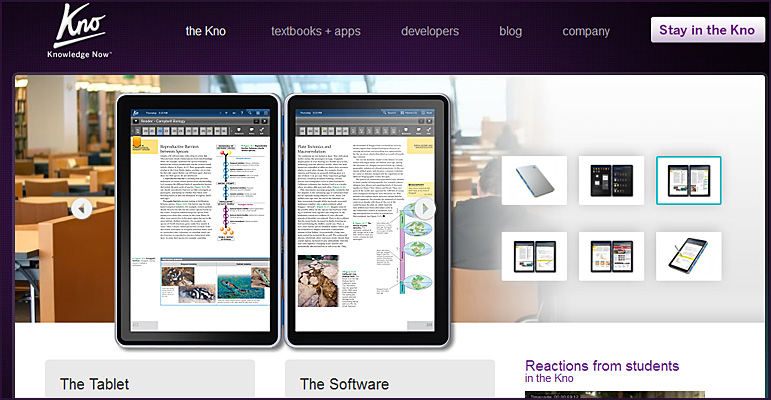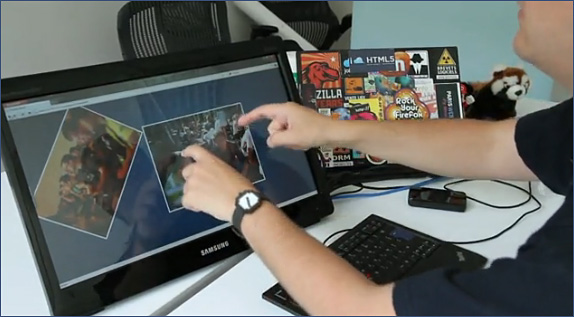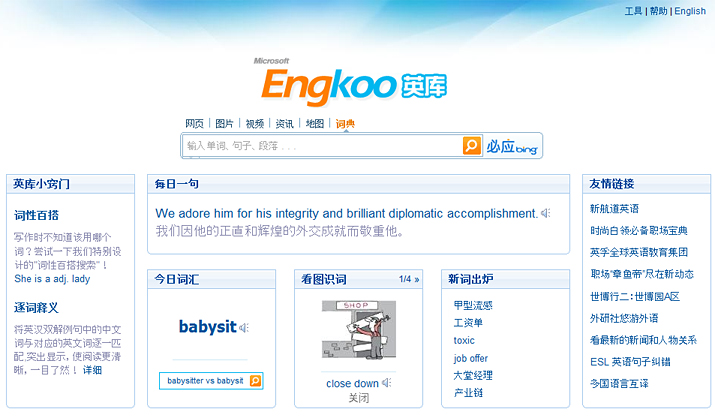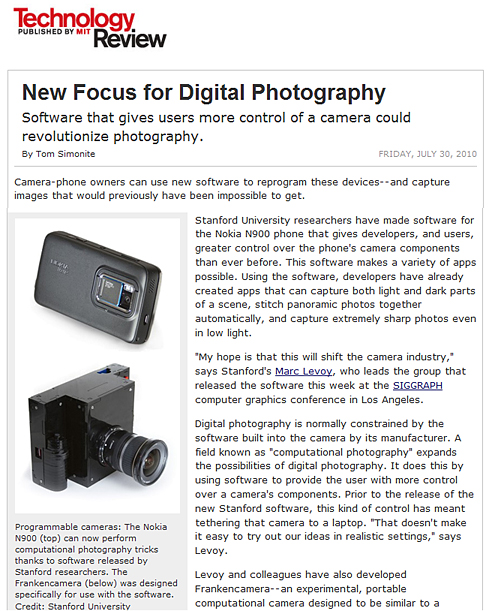Job Vacancy – Mobile Programmer (Closing 26 October 2010) — from HITLab New Zealand News
Research Associate – Mobile Programmer
HIT Lab NZ is looking for a Mobile Programmer (Fixed-term until April 2011)
An exciting opportunity has now opened up in the HIT Lab NZ for a Research Associate to work on improving and extending our current software platform. The successful candidate will work in collaboration with the current HIT Lab Team and receive access to different advanced technology currently developed at the HIT Lab NZ.
To be successful in this role you will need to be able to take responsibility for:
- Enhancing the 3D graphics engine with new functionalities
- Integrating other commercial and open source 3D graphics engines into the mobile AR framework
- Developing specific features for the architecture/urban planning area,
- Developing specific features for the cultural heritage/tourism area,
- Integrating new multimedia functionalities to the platform (audio, 3D audio, video, etc).
Ideally, our successful candidate will have:
- Strong knowledge of Computer Graphics, Visualization, Mobile architecture & programming
- Robust software engineering and software architecture understanding
- Strong maths (3D Algebra), problem solving and analytical skills
- Excellent Java programming skills
- Proficiency in Computer Graphics Programming (OpenGL)
- Experience with Android and Mobile Programming
- Familiarity of OpenGL ES will be a plus
- Familiarity with 3D graphics engines
- Ability to work in a small team environment
- Excellent communication skills










